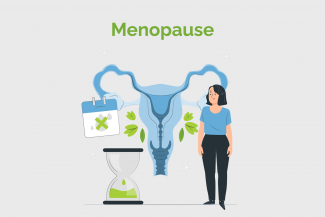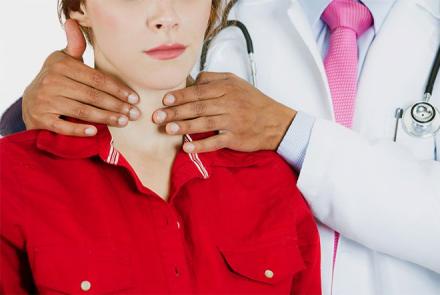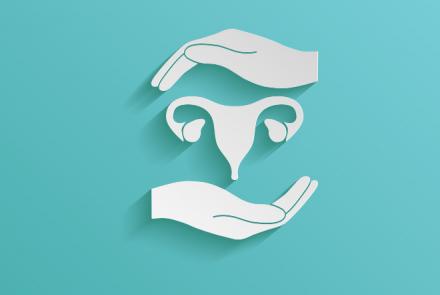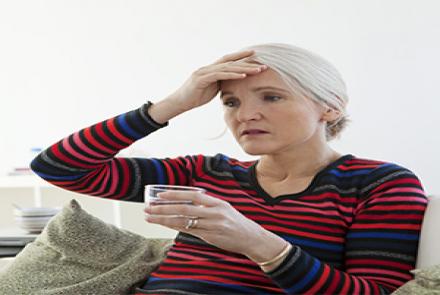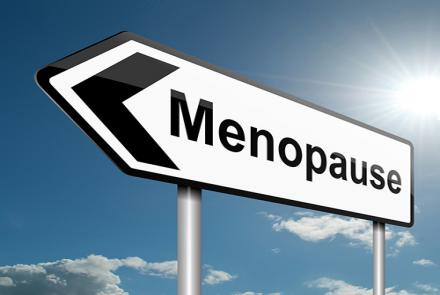Menopause is a natural process in the life of women. But a few women begin menopause at an age earlier than 40. This is called premature menopause or premature ovarian failure.
No two women have the same symptoms for menopause. Find out what works for managing the menopause symptoms
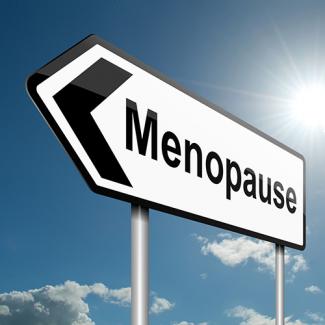
Menopause affects women in different ways. You will have some of the following symptoms:
- Irregular periods: Periods become uncertain – sometimes heavier, sometimes lighter. The frequency may also change – coming more often or less.
- Hot flashes: These are feelings of heat on your face and neck and sometimes all over your body accompanied by heavy sweating.
- Trouble sleeping: Difficulty sleeping at night and with night time sweats.
- Vaginal dryness
- Urinary tract infections: Oestrogen protects the bladder and urethra. With a drop in this hormone, you may be more prone to urinary tract infections as well as incontinence.
- Osteoporosis: Oestrogen helps build new bone and with a drop in this hormone, bones become thinner and weaker.
- Increased risk of heart disease: Oestrogen is believed to protect the heart, so after menopause, women are at increased risk.
- Mood swings or Depression: You may feel tearful or low.
- Memory loss. To manage this:
- Fatigue and irritability.
- Anxiety: Feeling anxious, nervous or worried constantly due to variations in the hormone level.
- Fat accumulation around the waist: Fat accumulates due to decline in oestrogen hormone and the loss of muscle tissue with age, decreased metabolism and physical activity.
- Hair loss: Hormonal changes cause hair loss during menopause - oestrogen decreases and testosterone increases.
- Loss of breast size
Changed
01/Sep/2017
Community
Condition

